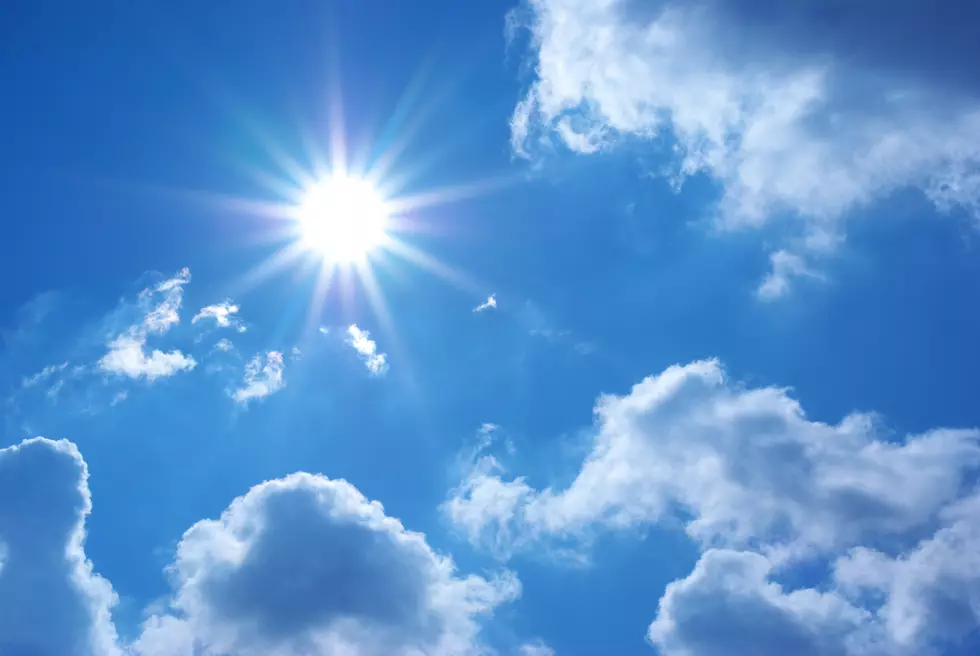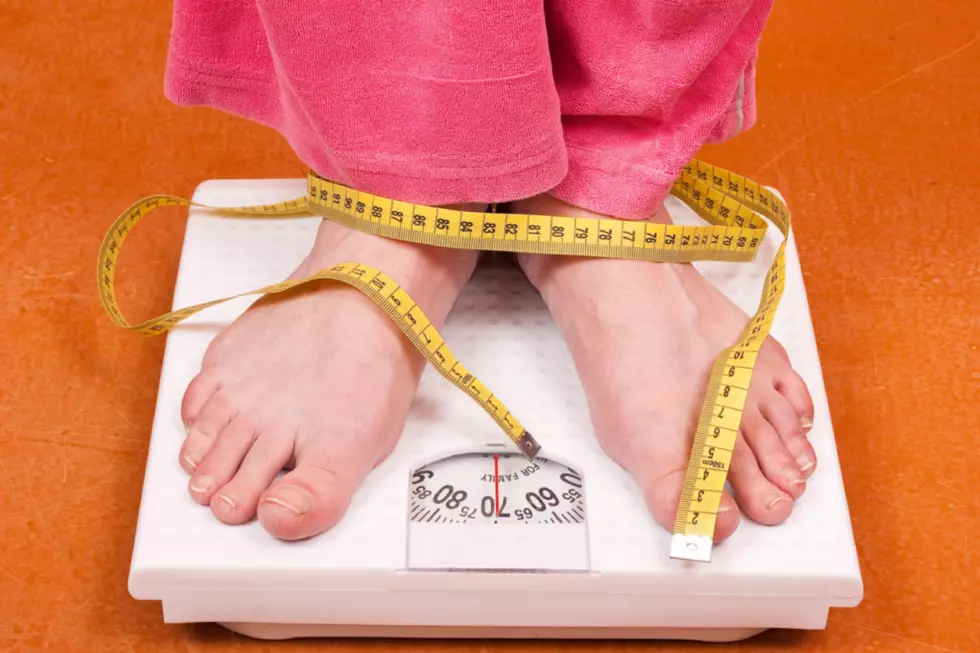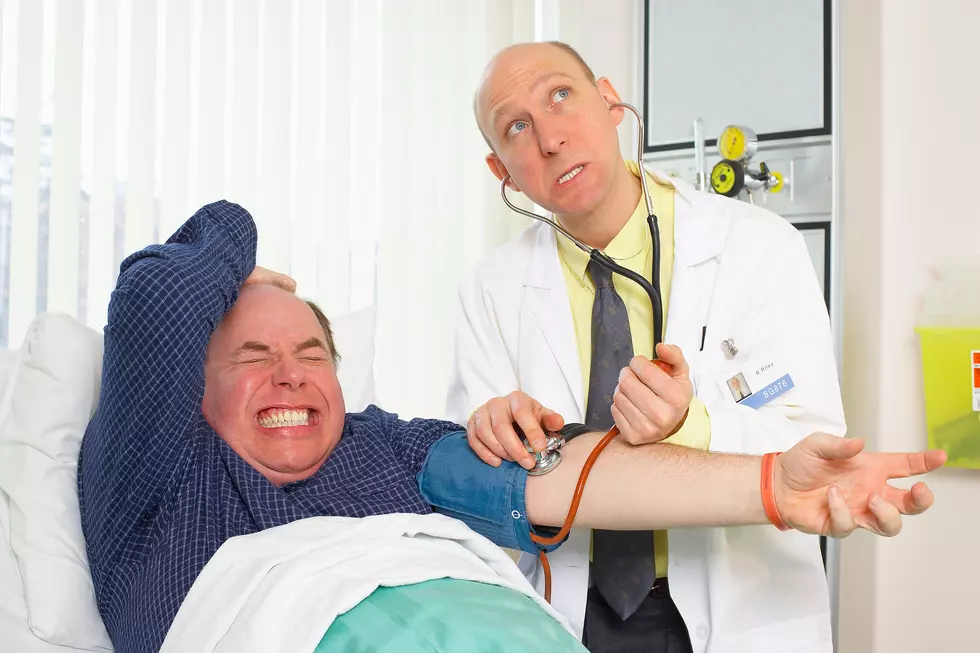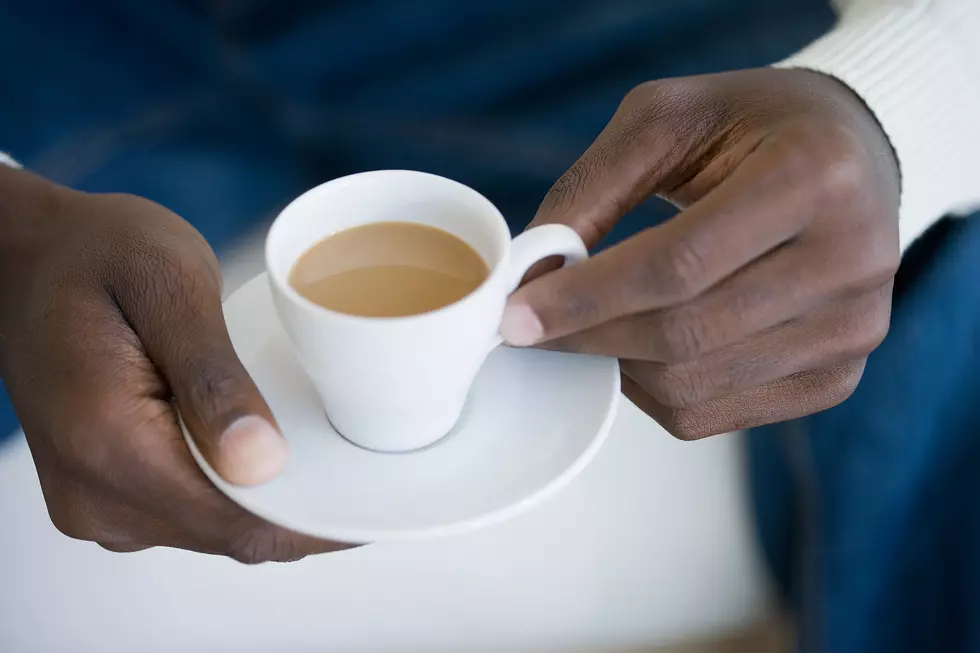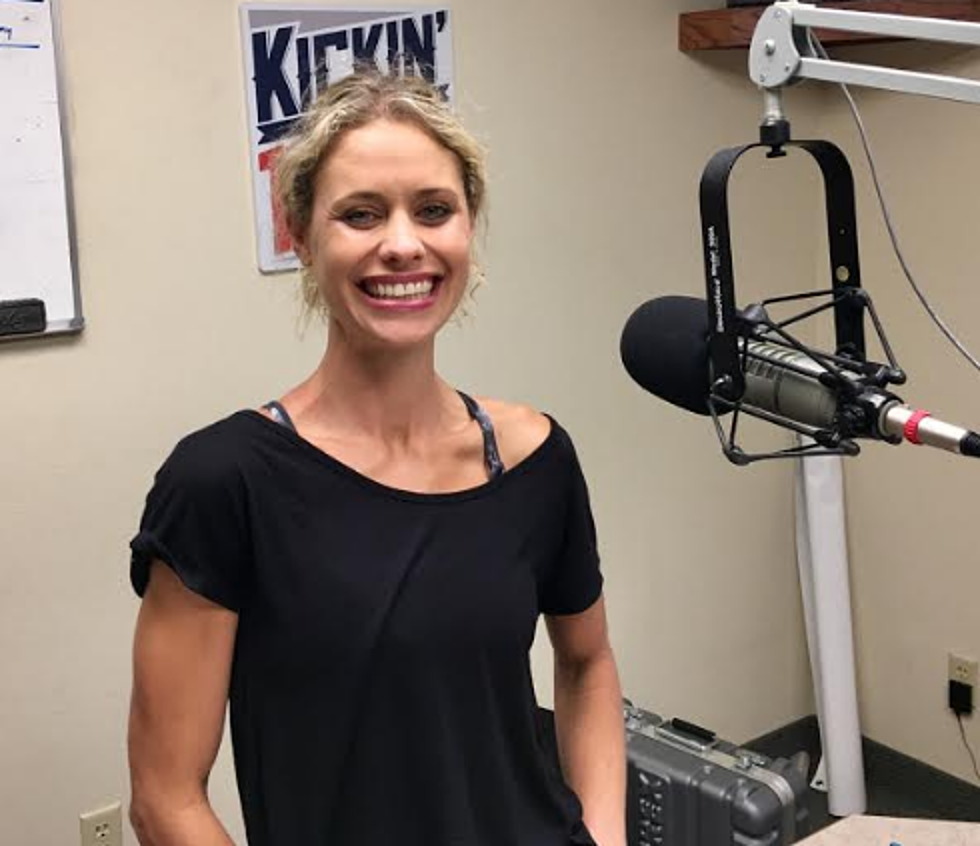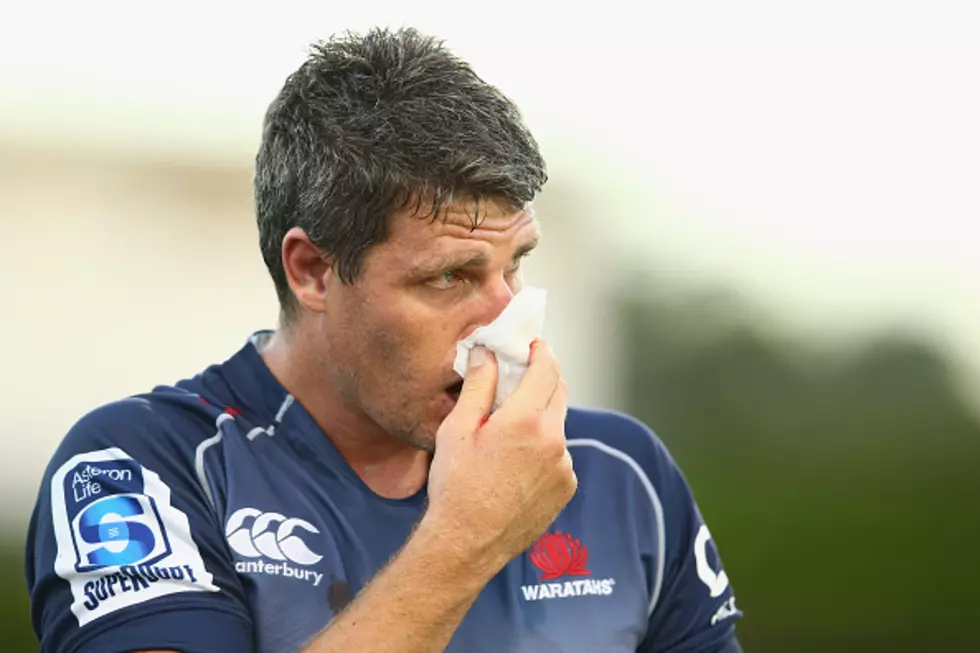
Do You Know What to Do For A Nosebleed?
I turned 30 in February and just yesterday I had the second bloody nose of my life. I had just gotten off stage for my last big scene in Mary Poppins at The Sioux Empire Community Theater. First thought was, "Thank goodness this didn't happen onstage." Second thought, "What do I do?"
Like I said, yesterday's bloody nose was only my second that I can remember. One of the younger girls in the cast thought I was being weird because I was so worked up about my nosebleed. She said, "You act like you've never had a bloody nose before." I haven't!
I didn't really know what to do. When I was a kid I remember other kids tilting their heads back and pinching their nose, but I mean Pluto was a planet when I was a kid so I wasn't sure that was still what you're supposed to do.
I sat down on the couch in the dressing room and rested my head on a pillow behind me. I guess my head was leaned back a little and I did the pinch. It did stop shortly after that.
But I decided to do some digging, more like googling, to find the right procedure for treating a bloody nose. So here is what you should do.
According to WebMD, they say to not tilt you head back because blood can go back in your throat and you can swallow it causing nausea. (Oh, maybe that explains why I was nauseous this morning.) Tilting your head slightly forward is better and keep your head above your heart.
The pinching is still recommended, "Use your thumb and forefinger to firmly pinch the soft part of your nose shut. The nose consists of a hard, bony part and a softer part made of cartilage. Nosebleeds usually occur in the soft part of the nose."
Also, applying an ice pack can help restrict the the blood vessels and stop the bleeding.
They say to stay still, pinching for 10 minutes, then check to see if its still bleeding. Don't keep checking. Keep a firm pinch for 10 minutes and if it hasn't stopped, go another 10 minutes.
After the nosebleed WebMD recommends, "Put a thin layer of a saline- or water-based nasal gel, such as NasoGel, or an antiseptic nasal cream inside your nose. Do not blow your nose or put anything else inside your nose for at least 12 hours after the bleeding has stopped. Rest quietly for a few hours."
As an adult I was curious what can cause a nosebleed. I wasn't hit int he nose or anything, it just seemed so sudden. EverydayHealth.com listed several causes.
- Underlying health conditions like high blood pressure, anxiety, or even allergies.
- Dry Air. From indoor heating and cooling or due to weather. Sleeping with a humidifier can help.
- Blood thinning medications. Even something as simple as aspirin can attribute to a nosebleed.
- Nose picking or scratching. Just stop.
Some tips to prevent nosebleed are as follows according to Medicinenet.com
- Rest with head elevated at 30 to 45 degrees.
- Do not blow your nose. If you have to sneeze, open your mouth so that the air will escape out the mouth.
- Do not strain during bowel movements. Use a stool softener.
- Do not strain or bend down to lift anything heavy.
- Do not smoke.
- Eat a diet of soft, cool foods and beverages. No hot liquids for at least 24 hours.
- Do not take any medications that will thin the blood, but do not stop taking any medications without first contacting your doctor.
Now you know all you needed to now about nosebleeds.
You're welcome.
See Also:
More From KXRB


